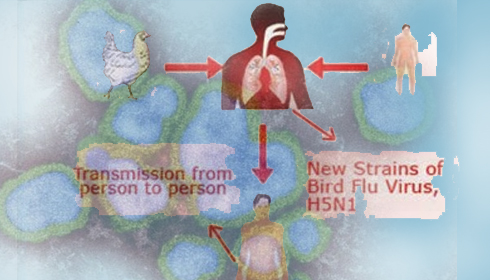
Bird Flu Outbreak Sparks Controversy Over Raw Milk Regulation
The discovery of H5N1 avian influenza in dairy and poultry workers who had close contact with infected animals has sparked renewed debate over raw milk regulations. Despite the absence of evidence indicating human-to-human transmission, health officials are resolutely monitoring the situation with unwavering vigilance.
In response to the outbreak, Raw Farm, a prominent raw milk producer, has come under intense scrutiny. On their website, company officials assert that there is no connection between their products and H5N1 cases, insisting that politics, not food safety, is the root of the matter.
"Our products are free from any illnesses linked to H5N1." This is undeniably a political issue," the statement asserted. Our products pose no food safety concerns, nor do they compromise consumer safety. We are determined to resolve this political issue and will actively cooperate with our government regulatory agencies.
The controversy arises as tensions escalate regarding the regulation of raw milk. Proponents of raw milk assert its health advantages and the importance of consumer choice, whereas detractors emphasize the safety hazards linked to unpasteurized dairy products.
President-elect Donald Trump's administration will bring about a dramatic shift in the debate. The U.S. Department of Health and Human Services has nominated Robert F. Kennedy Jr., a staunch opponent of raw milk restrictions. Kennedy is determined to push for broader access to raw milk products, ready to confront any new limitations arising from the H5N1 outbreak.
This situation highlights the relentless conflict between public health concerns and consumer rights, with the raw milk debate set to continue as a divisive issue in the coming months.